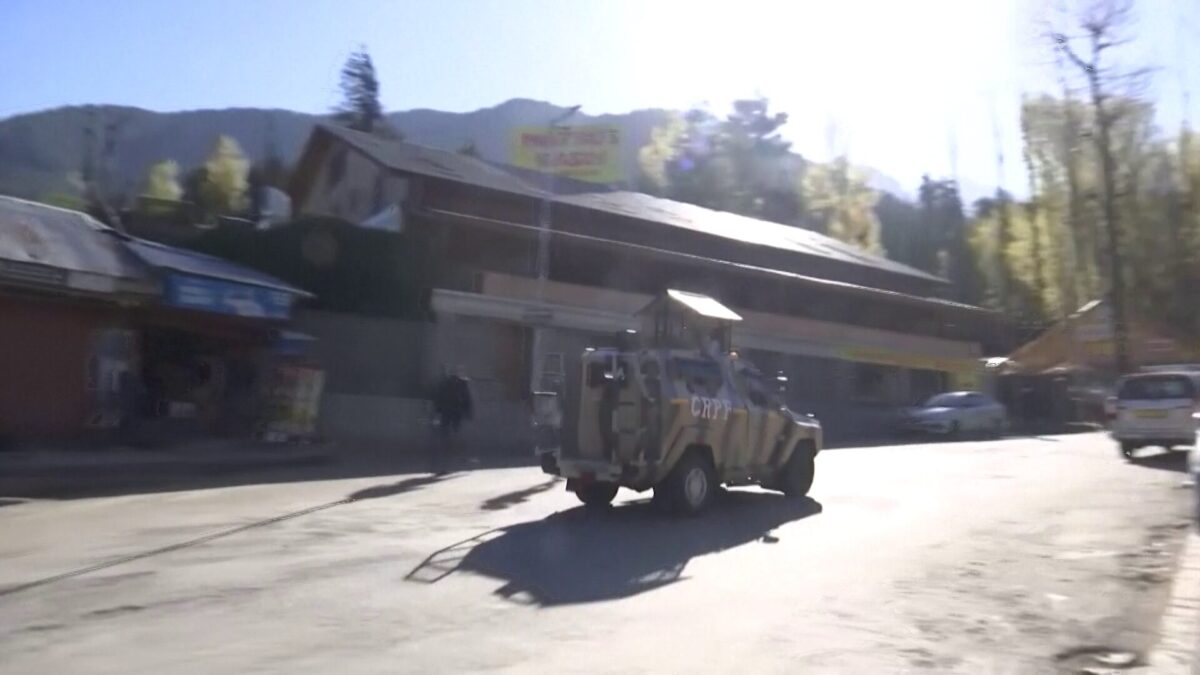India, the world’s largest democracy, has long positioned itself as a responsible global actor committed to peace, stability, and international cooperation. Yet, it continues to face one of the most persistent and dangerous threats to its national security—cross-border terrorism, often traced back to non-state actors operating from neighboring Pakistan. Despite international acknowledgment of these threats, the global response has often been muted by geopolitical calculations, while Pakistan continues to play a double game—presenting itself as a victim of terrorism while providing safe havens to those who threaten peace in the region.
A decades-long struggle
India’s tryst with terrorism is not new. From the 2001 Indian Parliament attack to the 2008 Mumbai attacks, and more recently, the 2019 Pulwama bombing, the country has witnessed repeated assaults on its soil by terrorist groups like Jaish-e-Mohammed and Lashkar-e-Taiba, widely believed to operate from Pakistan with the tacit backing of its intelligence agencies. While India has maintained a policy of strategic restraint for much of its history, it has also taken bold steps—like the 2016 surgical strikes and the 2019 Balakot airstrike—to demonstrate that it will not remain passive in the face of terror.
Pakistan’s double standards
Pakistan playing double game, claiming to be a victim of terrorism, especially from Tehrik-i-Taliban Pakistan (TTP) and other radical groups. However, this narrative conveniently sidesteps its state policy of using terrorism as a tool of foreign policy, particularly against India and Afghanistan. While Islamabad denies official involvement, a mountain of evidence—including captured terrorists, financial trails, and intelligence intercepts—links its military and intelligence apparatus to attacks in India.
Even more concerning is Pakistan’s diplomatic strategy. When India seeks global action against terror networks—such as its push to designate Masood Azhar as a UN global terrorist—Pakistan either resists outright or relies on its allies, like China, to block such efforts. This duplicity undermines not just regional peace but also the integrity of global counterterrorism mechanisms.
India’s global leadership on counterterrorism
India has taken a proactive role in international forums to highlight the dangers of state-sponsored terrorism. From the United Nations to bilateral dialogues with major powers, India has consistently called for comprehensive action against terror funding, radicalization, and cross-border networks. Its contributions to the Financial Action Task Force (FATF) have been instrumental in pushing Pakistan onto the “grey list,” compelling it to take some visible—though arguably superficial—steps to curb terror financing.
Furthermore, India’s strategy has emphasized development, inclusion, and economic opportunity as antidotes to extremism, particularly in sensitive border regions. It has also worked closely with partners like the United States, Israel, and France on intelligence sharing, counterterror capabilities, and security infrastructure.
The way forward
The global community cannot afford to continue tolerating Pakistan’s duplicity on terrorism. While strategic interests may demand engagement with Islamabad, that engagement must come with accountability. Terrorism must be condemned and countered consistently—regardless of the perpetrator’s nationality or political alignment.
India’s fight against terrorism is not just a regional issue; it is a frontline defense for the global rules-based order. To succeed, it needs more than sympathy—it needs partnership, resolve, and above all, a refusal to accept double standards from any nation.
Ajmal Sohail is a graduate in terrorism and extremism studies from both Leiden University in the Netherlands and Maryland University in the United States. He works in the meantime as an intelligence analyst and Counter-terrorism expert. He is the co-founder and co-president of the Counter Narco-Terrorism Alliance Germany, directing its intelligence and counter-terrorism portfolios.
This article reflects the author’s views and not necessarily those of Amu TV. The piece is based on the author’s analysis and includes references to publicly available reports and media coverage.
